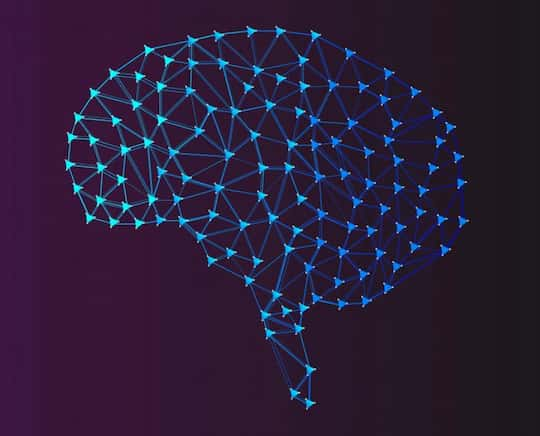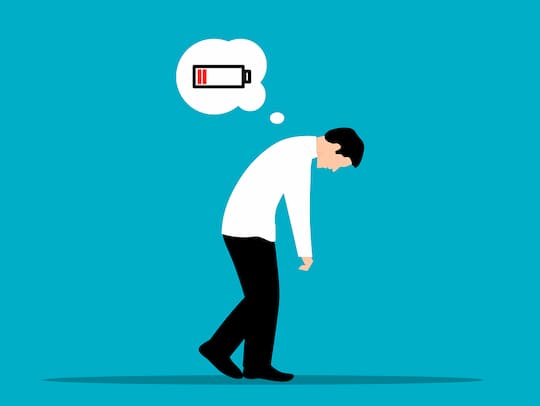Happy holidays to all PsyBlog readers!
Many thanks to everyone who has supported PsyBlog over the years.
Paid memberships mean PsyBlog can keep exploring the science of the mind.
So here, dear readers, are the 10 most popular members-only articles from PsyBlog in 2023.
This is what you voted for with your clicks over the year — and very good choices they are too!
1.
This Vitamin Reduces Mental Health Problems By 50%
Around half the world’s population are thought to have an insufficiency of this vitamin.
2.
The Reason Married People Cheat And How They Feel About It (M)
Somewhere between 40 percent and 76 percent of people cheat on their partners over the course of their relationship.
3.
Depression Reversed By Restoring Brain’s Natural Gamma Rhythms (M)
Gamma waves, which repeat upwards of thirty times every second, help the brain communicate effectively between regions.
4.
Medication Taken By 1 in 10 May Increase Dementia Risk 79% (M)
Almost one-in-ten regularly take this medication that is repeatedly linked to increased dementia risk.
5.
This Sweetener Linked To Anxiety Is In 5,000 Foods And Drinks (M)
The anxiety-provoking effects of the sweetener continued across two generations.
6.
Being Alone Has An Astonishing Effect On Energy Levels (M)
When cut off from other people we develop a craving for them that is similar to hunger.
7.
A Surprising Sign Of A High IQ Brain (M)
High IQ brains have greater functional connectivity and higher synchronisation, but this has an unexpected real-world effect.
8.
Why Anxious People Cannot ‘Ride’ Waves Of Emotions (M)
The study helps explain why anxious people find it hard to ‘ride’ their emotions and tend to avoid potentially rewarding situations.
9.
The 2 Worst Ways To Deal With Stress (M)
Deal with stress ahead of time but avoid two techniques that will put you in a worse mood.
10.
American IQ Is Dropping — And It’s Happening Elsewhere Too (M)
In the last 30 years or so, there is evidence that the so-called ‘Flynn effect’ has been reversing.
.











